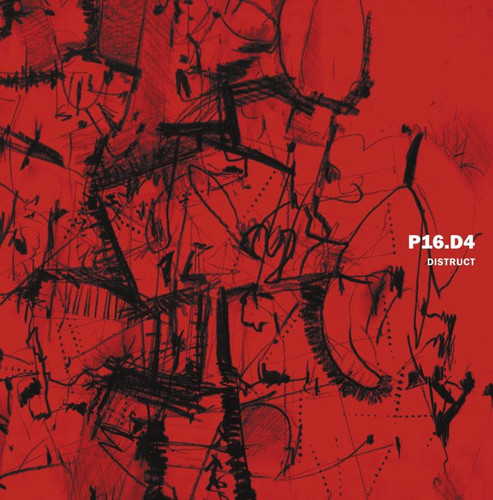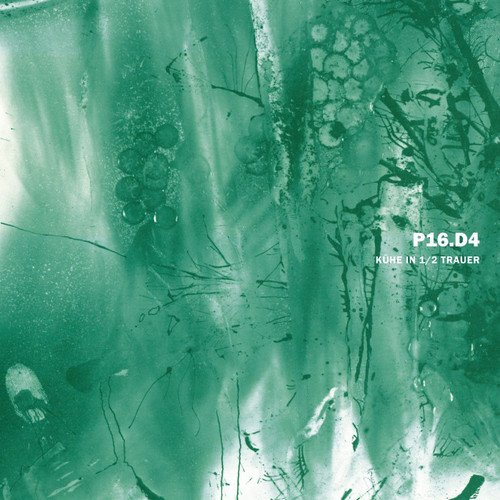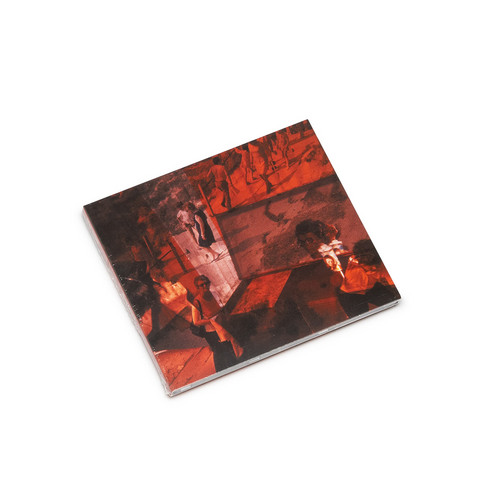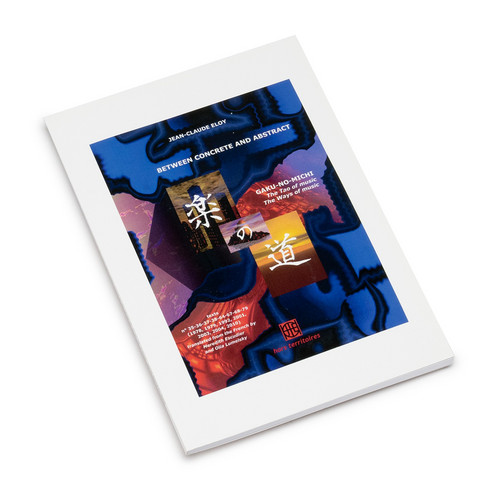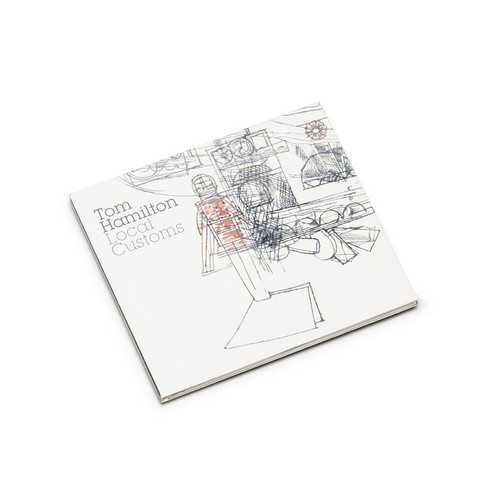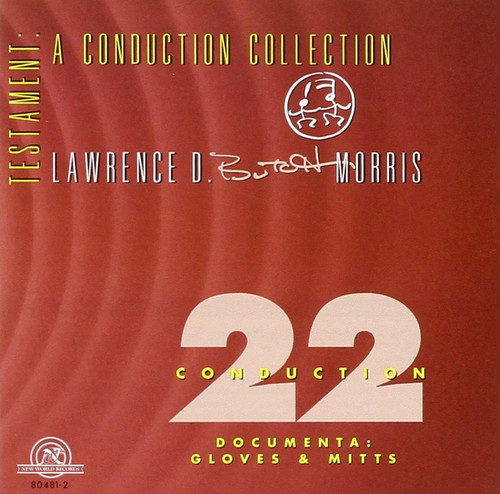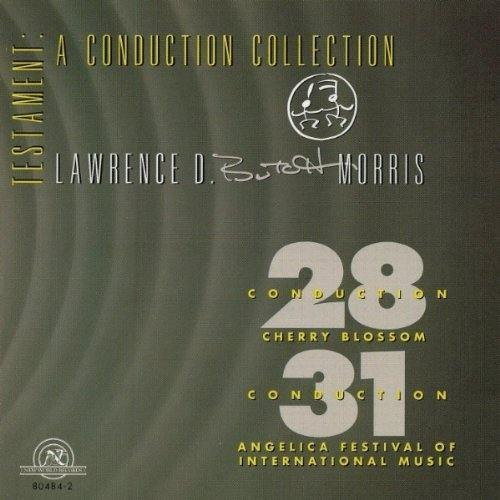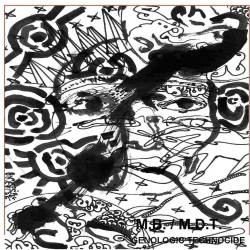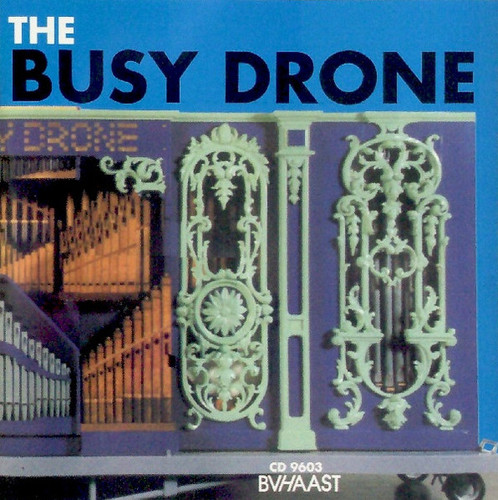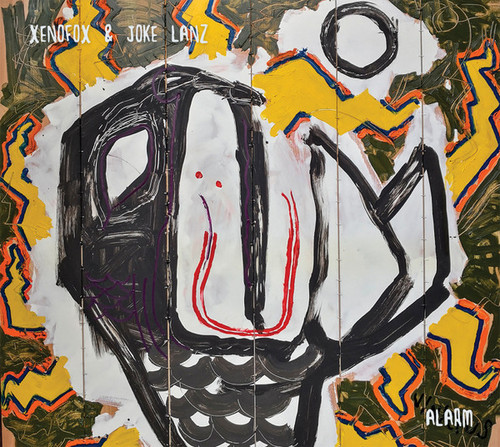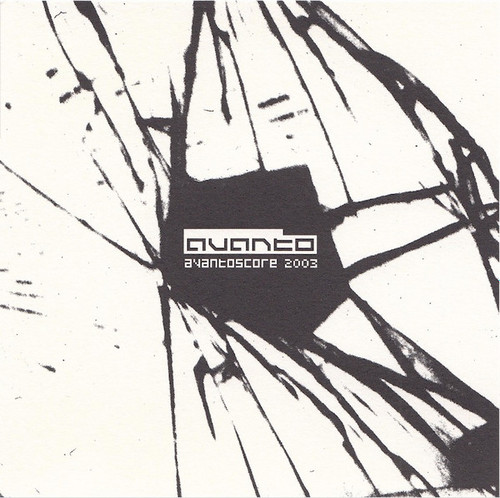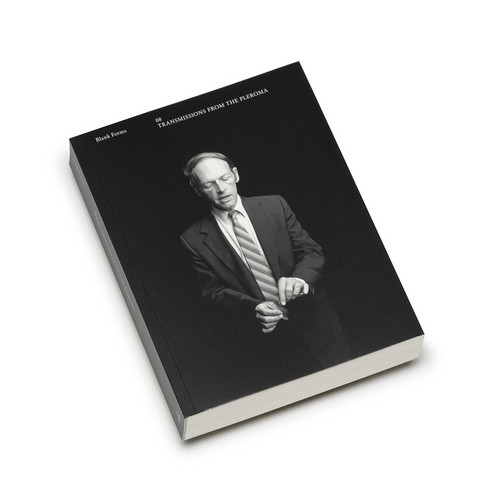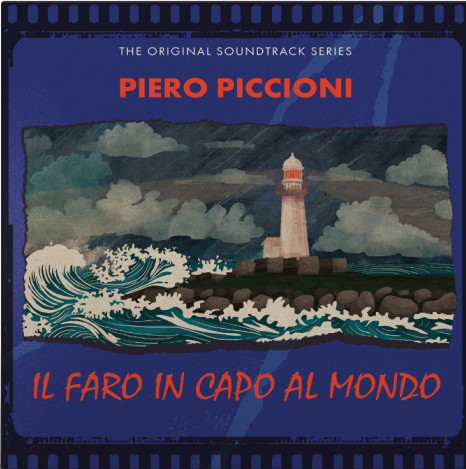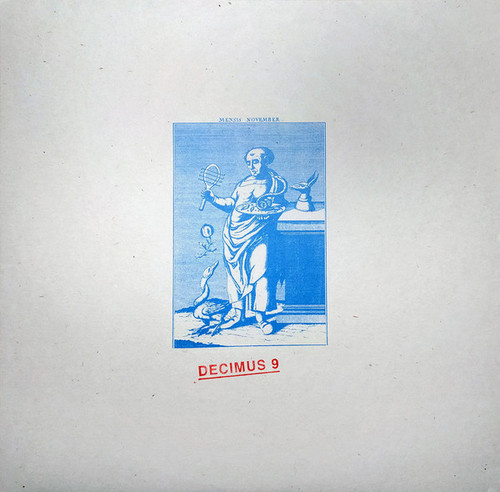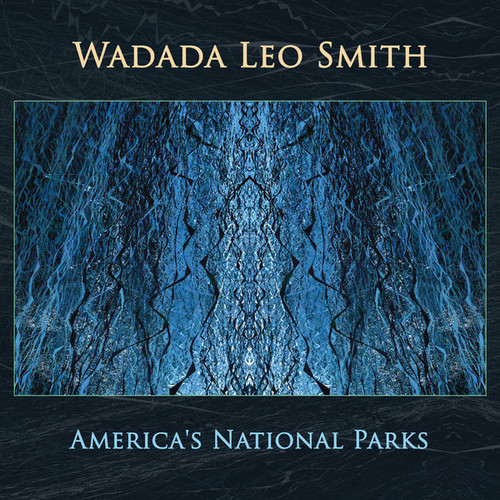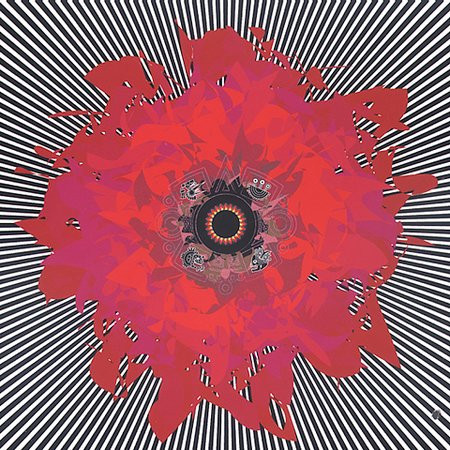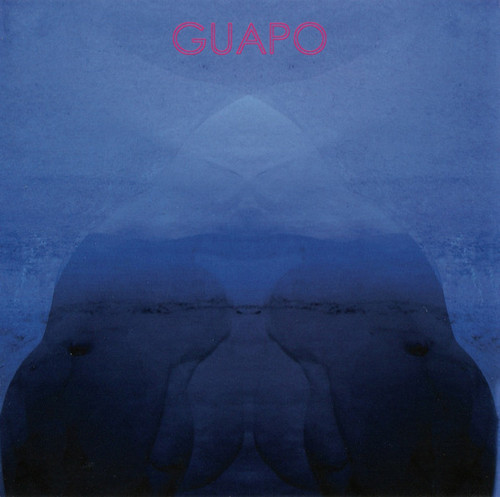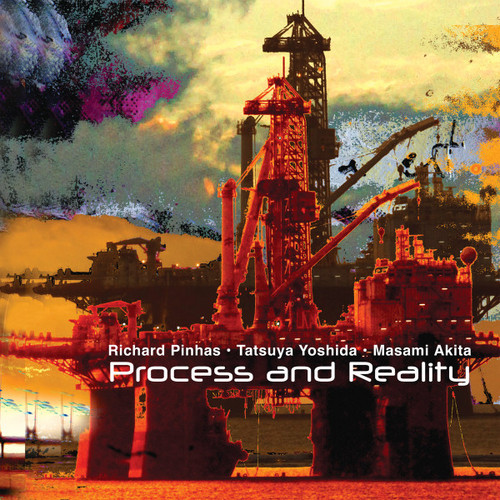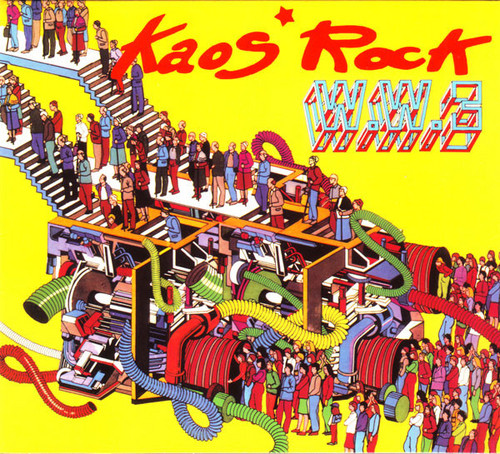Back in stock
Distruct
“On this, their second LP, P16.D4 solicited tapes from several artists from Europe, England, the U.S., Canada, and Japan, and mixed that with their own material. Though in the current digital age collaborations from artists thousands of miles apart is quite normal, this was a quite radical approach back in 1982, when work on this LP began – an interesting concept that actually works quite well, since these artists, which include Bladder Flask, DDAA, the Haters, Merzbow, Nocturnal Emissions, Nurs…
Kühe In 1/2 Trauer
“Though this German group started out as a the new wave band P.D., by the time of Kuhe in 1/2 Trauer, their first LP under the P16.D4 name from 1984, they had developed far beyond into extremely experimental music similar to other post-industrial artists working with abstract avant-garde soundscapes. There’s a bleak industrial feel to the gritty, lo-fi electronics and tape loops, while the group throws in enough curve balls to keep it interesting. On some pieces, strange, looped choirs bubble ou…
Sheet Erosion
Sheet Erosion is the third episode in a series of works based around ideas of audio archaeology and found sounds. The setting this time is the city of Brest in France.
It is composed of field recordings made in early 2020 during the storms Ciara and Desmond plus a batch of found open-reel tape recordings dating from the 70s and 80s. The tapes include domestic home recordings but mostly document the recordist, Michel's tastes in music and radio programmes of the time. Daily life bleeds into these…
Between Concrete And Abstract. Gaku-No-Michi (Book)
For those who loves the piece, this is a nice way to learn more about it. For those who don't know it yet, it will be a good introduction to listen to it. Gaku-no-Michi is an electro-acoustic work of wide proportions realised in 1977-78 at the Denshi Ongaku Studio (electronic music studio) of NHK radio (Nippon Hoso Kyokai), Tokyo. This work has been programed in numerous countries by various modern music festivals, as a full evening concert, from 1978 to 2006. This publication is made of a group…
Local Customs
2009 release ** "Tom Hamilton is unquestionably among the most inquisitive minds around. Local Customs explores some obscure notions about music theory and performance practice, leading to sound combinations that are at once unsettling and yet somehow familiar. One discovers that there is very little in Local Customs that follows from conventionally intentional music writing. It is perhaps better to regard it as a group of artifacts of little-known origins, modified through new transformations i…
Conduction #22: Documenta: gloves & mitts
1995 release ** Documenta: Gloves & MittsDocumenta 9, Kassel, Germany; June 14, 1992Christian Marclay, turntables; Lê Quan Ninh, percussion; J. A. Deane, trombone, live sampling; Martin Schütz, cellos; Günter Müller, drums, electronics.Conducting is no longer a mere method for an interpretation, but an actual part of the process of composition. Conduction is a means by which a conductor may compose, (re)orchestrate, (re)arrange and sculpt both notated and non-notated music. Using a vocabulary of…
Conduction #28: Cherry Blossom, conduction #31: Angelica
1995 release ** Conduction #28: Cherry Blossom: P3 Art and Environment, Tokyo, Japan; March 28, 1993Yukihiro Isso, nokan; Shonosuke Okura, ohtsuzumi; Makiko Sakurai, shomyo, music box; Michihiro Sato, tugaru syamisen; Kizan Daiyoshi, shakuhachi; Yuji Katsui, violin; Haruna Miyake, piano; Asuka Kaneko, voice; Shuichi Chino, computer; Koichi Makigami, voice; Yoshihide Otomo, turntables, CD player; Kazutoki Umezu, bass clarinet; Sachiko Nagata, percussion; Motoharu Yoshizawa, electric bass; Kazuo O…
Genologic Technocide
2006 release ** "Aided by musician M.D.T. (aka the Museum of Torture), this time leaving Maurizio Bianchi concessions acoustic Antarctic Mosaic and MI Nheem Alysm (where an upright piano hammers for 10 minutes a tether claustrophobic) to resume the speech sound historical works as Symphony For A Genocide (grazed in the title) and Regel. If the departure (Departure) aligns with the hordes of former electronics student Merzbow, in pieces like Return or Arrival distortion is channeled into a world …
The Busy Drone
1996 release ** "Reedist Willem Breuker has a fascination with the mechanical organ, particularly instruments like the European street organ. The mechanical organ works like a player piano, and on these recordings is controlled by either Ben Uijtiens or Chris Weeda. His previous Bvhaast album, Lunchconcert for three Amsterdam streetorgans recorded from 1967-1969 is an unusual album of organ work that takes the instrument is lesser known territories, and included a tribute piece to John Coltrane.…
Alarm
2018 release ** "Pauline Oliveros was only partly serious when she coined the term "deep listening" 30 years ago. The American composer, accordionist and electronic music pioneer first offered the phrase after recording an album 14 feet underground. Regardless, it has grown to become a meaningful term in avant-garde music circles, promoting the idea that artists can (and perhaps should) listen and react to their environment when performing. This new effort from Xenofox - electric guitarist Olaf …
Avantoscore 2003
2003 release ** On the eve of the festival Avanto releases its traditional monumental compilation CD, with contributions from all the live performers at the festival, as well as excerpts from the soundtracks of the film programme: FM Einheit/Jon Caffery/Alexander v. Borsig, Mika Vainio, Curd Duca, Pekka Airaksinen, Radian, Dubbing Mixers, Helsingin tietokoneorkesteri, Mira Calix, Ultra-red + Kanak Attak, Kari Peitsamo, Ibrahim Terzic, Terre Thaemlitz, Simon Wickham-Smith, Leif Elggren, Staalplaa…
Salon De Sachiko
2007 release ** "Since the late '90s Sachiko M has been stirring up the improvised music scenes in Japan and the west--and gaining an enthusiastic following--with her unique sound, consisting entirely of sine waves. This is Sachiko M's first solo album since "Bar Sachiko" (Improvised Music from Japan, IMJ-517), released three and a half years ago. "Bar Sachiko" was a work made up exclusively of sustained sine wave tones. In contrast, "Salon de Sachiko" is comprised throughout of short, very thin…
Blank Forms 08: Transmission from the Pleroma (Book)
Jerry Hunt (1943–1993) has been described as a shamanic figure with the look of a Central Texas meat inspector. One of the most compelling composers in the world of late twentieth-century new music, he made work that combined video synthesis, installation art, and early computers with rough-hewn sculptures, scores drawn from celestial alphabets, and homemade electronics activated by his signature wands and impassioned gestures. Hunt lived his entire life in Texas, eventually settling in a house …
Il Faro In Capo Al Mondo
“Il faro in capo al mondo” (The Light at the Edge of the World) is a 1971 film directed by Kevin Billington, based on a novel by Jules Verne. It’s a dark, solitary adventure set on a remote island off Cape Horn, where a group of pirates led by the ruthless Jonathan Kongre (played by Yul Brynner) takes over a lighthouse to cause shipwrecks and plunder the remains. Kirk Douglas stars as the last surviving lighthouse keeper, caught in a grueling battle between man and nature, civilization and savag…
Decimus 9
Lucky restock, very last copies! *300 copies limited release* Seventh in a on-going series of twelve electronic meditations on the zodiac of Decimus Magnus Ausonius (310-395) as played by Pat Murano of No Neck Blues Band, K Salvatore, Malkuth and Key of Shame.This one is for sure the creepiest and most disturbing chapter of the series so far, with swathes of electronics melting with the highest tones of misterious lullabies from somewhere far away, keeping the listeners ear firmly at ground leve…
America's National Parks
2016 release ** "With America’s National Parks, visionary composer and Wadada Leo Smith offers his latest epic collection, a suite inspired by the scenic splendor, historic legacy, and political controversies of the country’s public landscapes. Writing for his newly expanded Golden Quintet, Smith crafts six extended works that explore, confront and question the preserved natural resources that are considered the most hallowed ground in the U.S. – and some that should be. His 28-page score for Am…
Five Suns
2004 release ** "Guapo is a British trio that plays an intense music that straddles the boundaries of progressive, noise, minimalism and avant-rock. Their sound has been compared to such artists as Magma, Boredoms, King Crimson, Univers Zero, This Heat, Ruins, Sun Ra and Terry Riley. As Sound Projector put it, "Guapo come on like all the hellhounds of Magma, Eskaton and Ruins were after them...on a par with Magma’s Kohntarkosz or Univers Zero’s Ceux Du Dehors". Five Suns is the band’s fifth albu…
Obscure Knowledge
2015 release ** "The group started their life as a heavy bass/drums duo playing post-hardcore, noisy rock, but in the two decades since, they have expanded their instrumentation and their stylistic references to become one of Europe's most highly respected 'muscular and modern' experimental /progressive rock bands. Centered around founding member and extraordinary drummer David J. Smith, the group on the album also features three additional heavy-weights of British experimental rock: Kavus Torab…
Process And Reality
2016 release ** "Three founding fathers of experimental music join forces to conjure an unholy serenade for a society on the verge of collapse on Process and Reality, an hourlong whirlwind of pessimistic prophecy transformed into a heady monolith of sound. Boundary-stretching guitarist Richard Pinhas, founder of the influential French electronic-rock band Heldon, teams with two icons of the Japanese avant-garde – drummer Tatsuya Yoshida, mastermind of warped-prog legends Ruins, Koenjihyakkei and…
W.W.3
2004 release ** Italian punk / new wave: Kaos Rock's first album from 1980, "a valid example of punk turned pop, fast and direct without frills yet stuffed with fast-catching melodies"."
